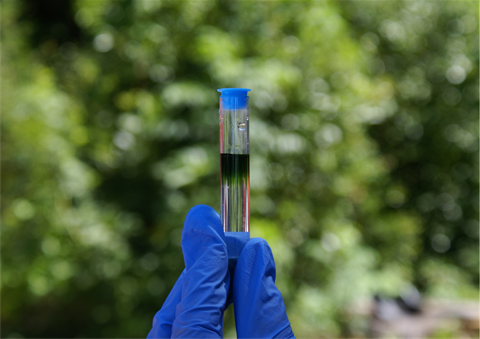Public Health

Public health is of the utmost importance, and it’s handled as a priority within the Gwydir Shire.
Council is required by various pieces of NSW Legislation to regulate and approve a number of activities associated with operating a business within the region to ensure that public health and safety is maintained.
The following provides information for businesses to ensure they comply with these regulations.
Skin Penetration Industry
The Public Health Act 2010 and Public Health Regulation 2012 regulates body decorating and grooming practices carried out by people who are not registered as health professionals. The regulated body decorating and grooming industries include:
• Acupuncture
• Beauty treatments
• Nail treatment (manicures and pedicures)
• Body, nose and ear piercing
• Cosmetic enhancements
• Colonic lavage
• Tattooing; and
• Blood cholesterol and glucose measurement
Hairdressing and other body decorating and grooming practices which do not deliberately pierce the skin are not regulated.
Premises that conduct Skin Penetration are regulated by the Public Health Act 2010 and Public Health Regulation 2012. They are regularly inspected by Council’s Environmental Health Officer for compliance with the Act.
Under the Public Health Act 2010 all premises that conduct skin penetration are required to be registered with Council prior to engaging in trade. This information is used to create a License Register of all Skin Penetration Premises in the Area. Penalties apply under the Public Health Act 2010 for failing to Notify Council of conducting a skin penetration business.
To notify Council please complete and submit to Council the Registration of a new skin penetration premises form below.
If you wish to begin a business involving skin penetration please contact Council's Planning and Environmental Services on (02) 6724 2000 to determine if a Development Application is required.
Public health legislation and resources (factsheets, posters, audit tool, and notification form) have been prepared by the NSW Health to assist skin penetration practitioners and regulatory agencies protect public health.
Cooling Towers
All cooling towers must be maintained in accordance with Australian Standard AS/NZS 3666 “Air Handling and Water Systems of Buildings – Microbial Control”. The occupier of premises that contain a water-cooling system must ensure that:
o All water-cooling systems undergo monthly testing for Legionella count and heterotrophic colony count
o Reportable test results of Legionella count ≥1000 cfu/mL and heterotrophic colony count ≥5,000,000 cfu/mL are notified to the local government authority for that area.
Under the Public Health Regulation, Council must maintain a register of all cooling water systems in their local government area; receive notifications of installation or a change in particulars (including decommissioning) of systems in their area; issue a unique identification number for each cooling tower in their area and receive certificates of RMP completion and audit completion.
If you are the owner or occupier of a premises with a cooling tower please contact Council’s Environmental Services on (02) 6724 2000 or complete the NOTIFICATION OF INSTALLED WATER COOLING SYSTEM OR WARM WATER SYSTEM FORM below to register your cooling water system with Council.
Further information and guidance is also provided on the NSW Health website
www.health.nsw.gov.au/environment/legionellacontrol
Swimming Pools and Spa Pools (Public)
The Public Health Act 2010 and Public Health Regulation 2012 controls the public health risk associated with public swimming and spa pools.
The Public Swimming Pool and Spa Pool Advisory Document complements and gives an overview of the public health legislation related to public pools and spas.
An occupier of premises at which a public swimming pool and/or public spa pool is located is required to:
o Notify Council of their existence;
o Ensure that the primary disinfectant is either chlorine or bromine;
o Ensure that the public pool is fitted with either an automated or a continuous metered disinfectant dosing system;
o Ensure that the public pool complies with the specified levels of bromine and chlorine, pH and alkalinity, and meets testing and record keeping requirements. These requirements are set out in detail in Schedule 1 of the Regulation;
o Ensure that all aspects of the Act and Regulation that relate to public swimming pools and spa pools are complied with.
For further information please visit the NSW Health Website for further in-depth information and guidelines.
Private Water Supply
Water Testing
If you require a private water supply to be tested, information can be provided by the NSW Department of Health through the following website.
The Private Water Supply Flyer below provides an overview on sampling, collection and associated costs. Council may also be able to assist in the collection and delivery of samples. See the fees and charges and contact the Planning and Environment department on (02) 6724 2000 for more details.